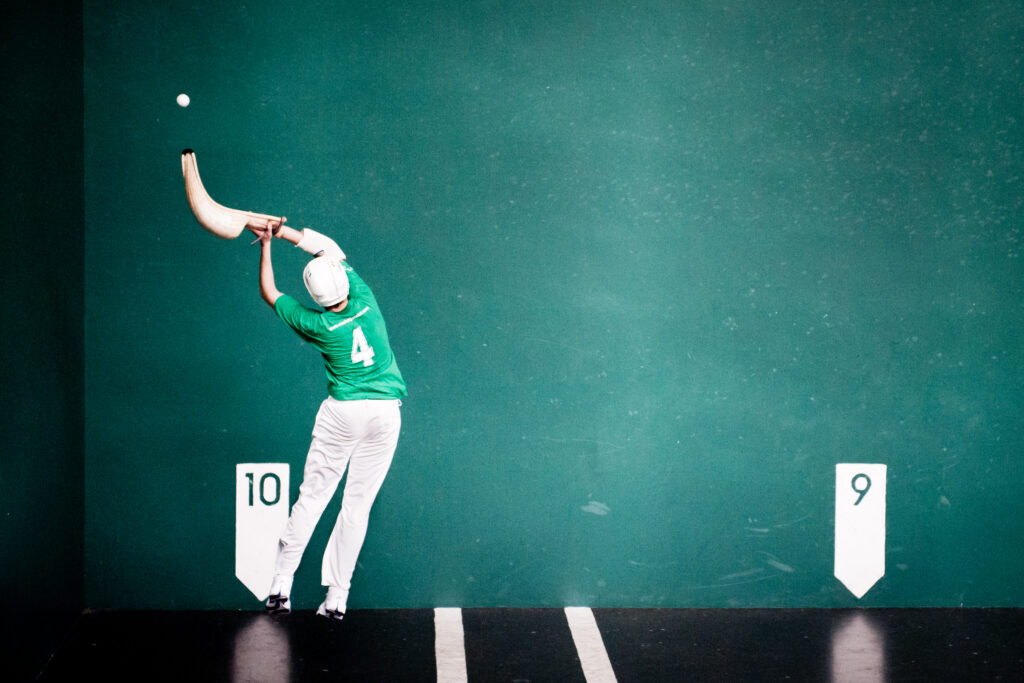Legislators approve gambling compact, including sports betting

TALLAHASSEE – Harness racing, quarter-horse racing and jai alai could become part of Florida history, after lawmakers Wednesday passed a bill that would make changes in the pari-mutuel industry.
After voter approval of a 2018 constitutional amendment that banned greyhound racing, the bill (SB 8-A) could mean that only thoroughbred horse races will continue at Florida tracks.
The House voted 73-43 to pass the bill, which was unanimously approved Tuesday by the Senate in a special session on a series of gambling issues. The bill will now go to Gov. Ron DeSantis.
The bill would revamp a longstanding requirement that pari-mutuels conduct live races or jai alai games if they also want to operate more-lucrative cardrooms and, in Miami-Dade and Broward counties, slot machines. Lawmakers agreed to get rid of the requirement – a move known in the gambling industry as “decoupling” – for harness and quarter-horse tracks and jai alai frontons.
Under the bill, only thoroughbred tracks would continue to be required to run races, an exception spurred, at least in part, by the economically vital thoroughbred industry in Ocala.
Marion County is the heart of the state’s thoroughbred breeding and training farms. The Florida Thoroughbred Breeders’ and Owners’ Association, based in Ocala, urged legislators not to allow thoroughbred pari-mutuel facilities to decouple.
But for some local pari-mutuel operators, the bill’s approval could allow them to decouple from quarter-horse racing and jai alai and continue operating cardrooms.
In south Marion, Oxford Downs operates a quarter horse track that critic have slammed as a sham because of the lack of racing facilities, the use of non-professional jockeys and non-racing quarter horses. The facility operates a cardroom that grossed more than $3.1 million between July and February, according to the state records.
Near Orange Lake, Ocala Gainesville Poker and Jai Alai also has been blasted by critics for putting on lower-level jai alai performances and using non-professional players. That cardroom pulled in less than $700,000 from July to February, state reports show.
Approval of the bill came Wednesday after backers of the standardbred horse industry fought unsuccessfully to keep the requirement that harness races be run. Standardbreds are the type of horses used in harness racing.
Florida has one harness-racing track, Isle Casino Racing Pompano Park in Broward County, but some House members argued that the standardbred industry has a broad economic impact, including at places such as farms and training centers.
Nevertheless, the House went along Wednesday with the Senate’s position that harness racing should be included in decoupling – reversing course from a position taken Tuesday by the House Select Committee on Gaming.
Rep. Chris Latvala, a Clearwater Republican who sponsored the pari-mutuel bill, said Wednesday that the Senate didn’t plan to meet again during the special session. As a result, the House would effectively kill the pari-mutuel bill if it didn’t go along with the Senate’s stance on the harness-racing decoupling.
But Rep. Joe Geller, D-Aventura, said he didn’t “see why they should tell us what to do” and urged the House to go against the Senate on the issue.
“I say we call their bluff,” Geller said.
Rep. Dan Daley, D-Coral Springs, said he is the son of a standardbred horseman and grew up in the industry. He said thousands of families depend on the industry.
“You are talking about multigenerational, family-owned small businesses,” he said.
Latvala said harness and quarter-horse tracks and jai alai frontons would still be able to offer live races and games. But they would not be required to do so and could choose to focus on cardrooms and slot machines.
The House passed the bill at the end of a three-day special session that largely drew attention because of the approval of a gambling deal with the Seminole Tribe of Florida. That deal, negotiated by Gov. Ron DeSantis and the tribe, includes allowing sports betting in the state.
Lawmakers also signed off on a bill (SB 4A) to create a Florida Gaming Control Commission that would regulate gambling. The five-member commission would be appointed by the governor. The Department of Business and Professional Regulation has long overseen the gambling industry.





